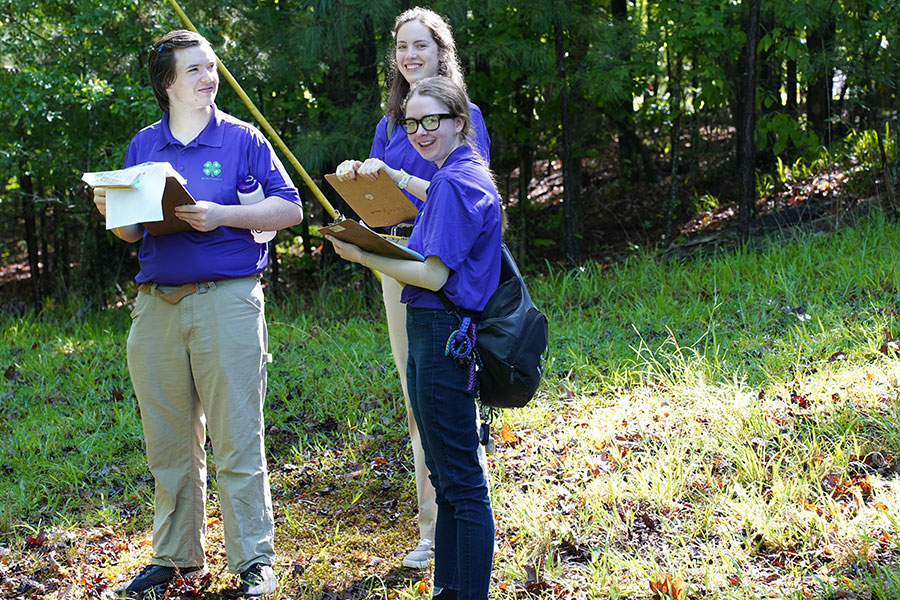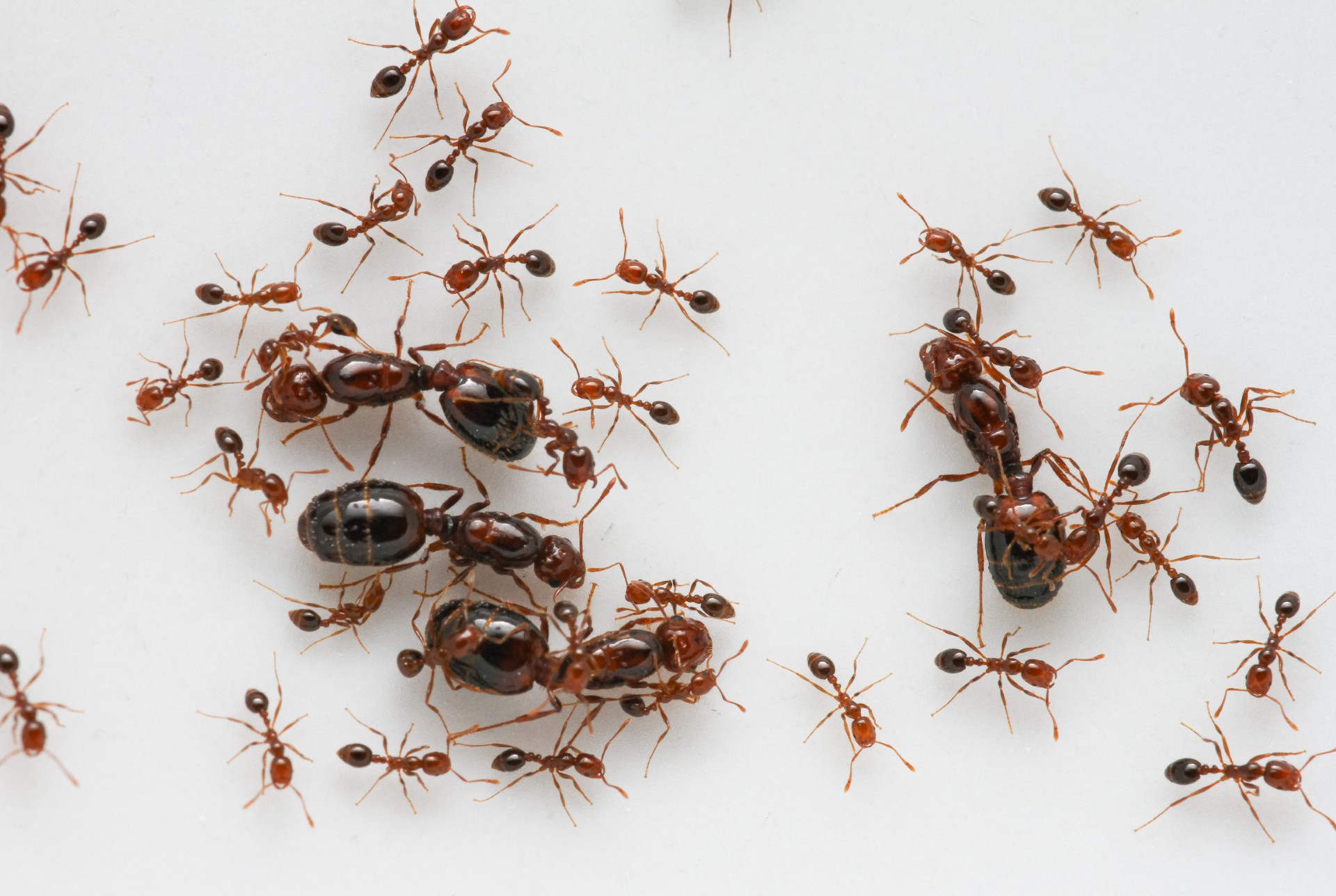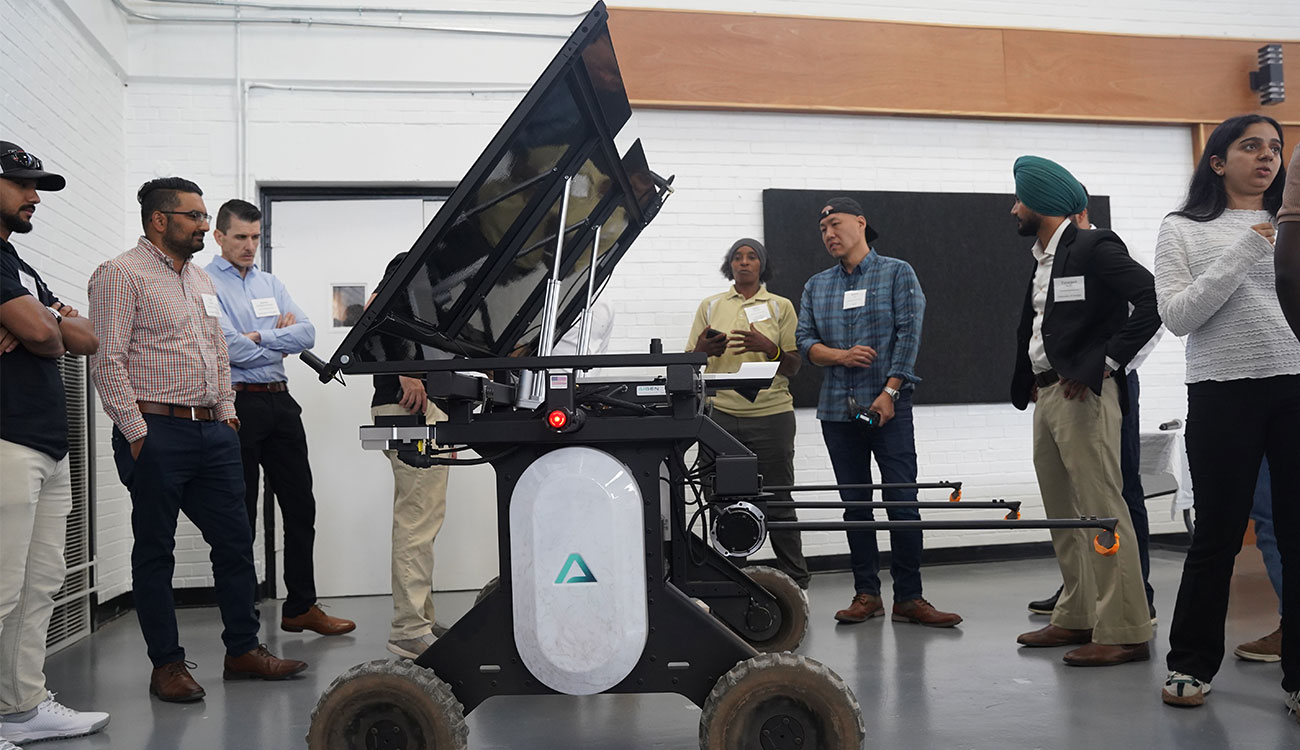University of Georgia
August has arrived in Georgia. With the temperature topping 100 degrees, in some places for several days in a row, the merciless heat can be dangerous for many people.
"We're better prepared to handle intense heat in the South, but many people are still at risk," said Connie Crawley, a food, nutrition and health specialist with the University of Georgia Cooperative Extension.
Intense heat leads to hyperthermia, with a range of symptoms including dizziness, rapid heartbeat, diarrhea, nausea, cramps, headache, intense weakness, breathing difficulty and mental changes. Another sign is an inability to sweat, which leads to a vicious cycle of worsening symptoms.
At the top of the at-risk list, Crawley said, are the elderly.
"As people get older, they aren't as sensitive to body changes," she said. "They tend to get into trouble faster and recognize it slower."
Drinking more fluids is the best way to fight the deadly dehydrating effect of high heat. But older people may even resist drinking more fluids, Crawley said, to avoid more frequent bathroom visits.
"Thirst lags behind the body's need for water," she said. "That's especially true for older people, who may not be as conscious of thirst cues as younger adults."
The very young are also at risk, she said. They, too, aren't very aware of health-threatening changes around them.
"Infants and young children also have a high proportion of water to body weight," she said. "They need more fluids, but they aren't aware of it."
Both the elderly and the very young aren't as likely, or as able, to tell others of their needs. "So the people around them need to do proactive things that help prevent heat stress," Crawley said.
In general, she said, "use common sense." Find easy ways to lower at-risk people's exposure to heat and raise their intake of fluids.
Encourage them to drink water regularly. Plain, moderately cool water is best. Ice water isn't as well absorbed, and it can upset the stomach.
Most kids will drink bottled water, she said. "Juice is good, too, especially diluted with half water. But cut down on the sugar," she said. "It's best to teach children to enjoy plain water."
Any nonalcoholic fluid will meet the body's needs, Crawley said. Alcohol dehydrates the body and can make a person even less aware of heat stress signals.
Caffeine can have the same dehydrating effect. "Coffee, tea and caffeine-containing soft drinks probably aren't the best choices," she said.
Use commonsense approaches to reduce the heat's effect, too. Wearing light-colored, loose-fitting clothes can help greatly. "There are special fabrics now designed especially to wick away sweat," she said. "Look for these fabrics to wear if you will be working or exercising outside in the heat."
The most important thing is to schedule your most active times, particularly outdoors, in the early morning or very late, just before dark.
The real sufferers, she said, are people such as road construction workers who must work outside. "The best advice for them is to drink plenty of fluids and take breaks in the shade whenever feasible," she said.
"They're probably some of the few people beside endurance athletes," she said, "who would benefit from sports drinks that replace electrolytes."
If you don't have air-conditioning, baths and cold compresses can help reduce the heat. A fan helps but can give you a false sense of coolness, she said.
"You can't trust your senses when it comes to the body's need for water," she said. "Just know you need to drink fluids regularly when it's hot. And remember to watch out for others, especially the elderly and the very young."
(Dan Rahn is a news editor with the University of Georgia College of Agricultural and Environmental Sciences.)






